An elite black-ops team working with the U.S. Special Forces has been deployed into Bolivia to take out a compound run by a drug cartel. Headed by their commander, Clay (Jeffrey Dean Morgan), they've worked together for years, including Roque (Idris Elba), Jensen (Chris Evans), Pooch (Columbus Short) and Cougar (Oscar Jaenada). The mission isn't everything it seems to be, the team rescuing a group of 25 young children being held as drug mules and hostages. The kids board the helicopter intended for the team, but the helicopter is struck by a missile. Clay and Co. have become targets. Who wants them dead? More importantly, why? The man's name is Max (Jason Patric), a C.I.A. operative gone rogue. Trapped in Bolivia and believed dead, the Losers are left with no alternatives, getting help from a beautiful, mysterious woman, Aisha (Zoe Saldana), who promises to help them. Can this group pull off the impossible and survive the suicide mission ahead of them?
Hitting theaters in spring 2010, 'Losers' received middling reviews and did okay in theaters but was far from a hit. It seemed to have some horrific timing, released in a wave of men-on-a-mission movies like The A-Team (June 2010) and Takers (August 2010). Of the three, I liked this one best, director Sylvain White turning in a stylized, fun, shoot 'em up that more than holds up on a repeat viewing. Does it rewrite the genre? In a word? No. It doesn't need to. It is one of those perfect popcorn movies. Just sit back and watch it, clocking in at an action-packed 97 minutes. Very stylish, lots of cool characters, bullet and explosion-riddled action scenes. An easy movie to recommend. Too bad it didn't do better in theaters. I would have loved to see where the Losers went from here.
What works so well is the casting, and probably was at least part of the movie's struggles in theaters. There just ain't a ton of star power on display here. Now for me, I count that as a positive, but we're not talking Ocean's 11 star power to round out the Losers. The dynamic works, the men-on-a-mission premise that's one of my favorites. Each team member has a specialty, Clay the no-nonsense leader, Roque an expert in tactics and detonation, Jensen the nerdy tech specialist, Pooch able to drive anything with an engine and wheels and Cougar proficient in long-range eliminations (Yes, we've got ourselves a sniper). Their backstory is never spelled out, just hinted at, but we know they're damn good at their job...right up until they're betrayed and left out in the dark. Of the group, there's no weak spots, but I especially liked a scene-stealing Evans ("That's right. I've got a crossbow, bitches."), Morgan, Elba, Short and Janeada all getting their chances to shine too.
'Losers is actually based off a graphic novel series that was adapted into a screenplay written by actor/director Peter Berg and James Vanderbilt. And that's where we get a surprising angle on the movie. With graphic novels, character development isn't the first thing that comes to my mind, but here it is an essential part of the story. We get that development through dialogue, lots of quick, fast-firing conversations among the team. One that especially stands out has Jensen and Pooch debating whether to take a car or not, the back and forth coming in almost monosyllabic grunts, one-word answers in rapid fire succession. If there isn't more star power, so be it. The chemistry with the cast is spot-on perfect from beginning to end. This is a fun movie, and the cast is clearly having a ton of fun making it. We've got tough guys on a suicide mission with lots of action, funny, memorable one-liners and a great chemistry. That's a winning formula if you ask me.
Adding some sex appeal to the action-heavy hijinks is Zoe Saldana as Aisha, a mysteriously beautiful woman who wears slinky and/or tight outfits but who can also handle herself when the bullets start to fly. What's her motive? What's her end-game? Well, that's part of the fun. Hamming it up and clearly enjoying himself is Jason Patric as the maniacally evil Max. It's a ridiculous character, but Patric commits and it works in a big way. This is a villain that seems ripped from so many over-the-top 1980s action movies, but it fits right in with all the craziness. Holt McCallany plays Wade, Max's much-maligned enforcer, the straight man to Max's off the wall antics.
Onto the action! There's no time to waste in a 97-minute movie so in between scenes of the team bitching and moaning, ripping each other almost non-stop, we get action. LOTS of action. The opener at the drug compound sets the tone, quick and flashy and fun. The same later for almost back-to-back sequences, the Losers taking out Max's heavily armored convoy in Miami, the follow-up Jensen trying to navigate a well-guarded building with security on his tail. The obvious high-point is saved for the end though, the Losers forced to stop Max (and his diabolical, ecological-minded plan) at the Port of Los Angeles -- because all action movies require a good shootout at the Port of L.A. Like the whole movie, it's fun. Get some popcorn, sit back and appreciate it for all its entertainment value. Your time will not be wasted.
The Losers (2010): ***/****
Rewrite of April 2010 review


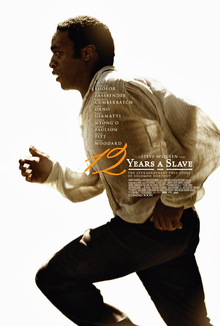


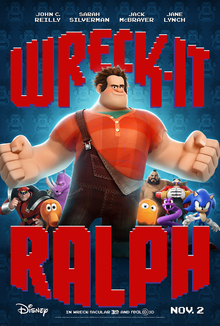


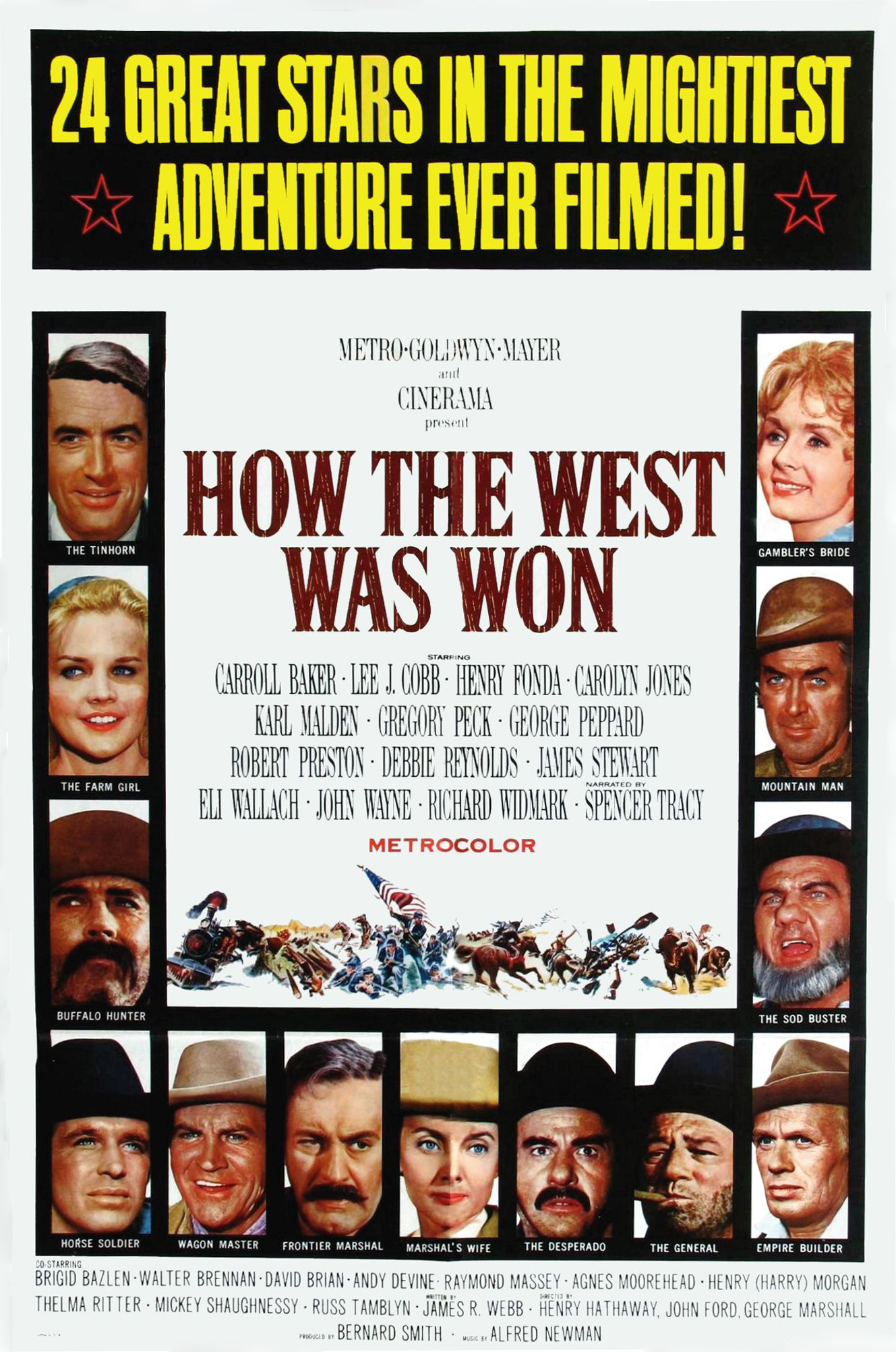
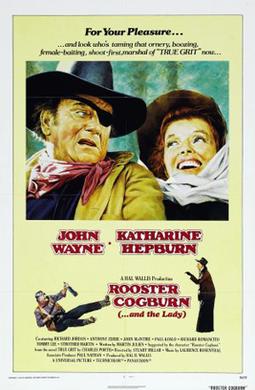



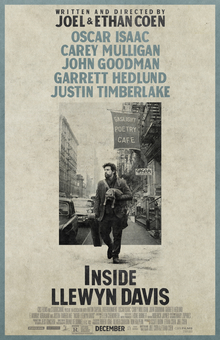
.jpg)